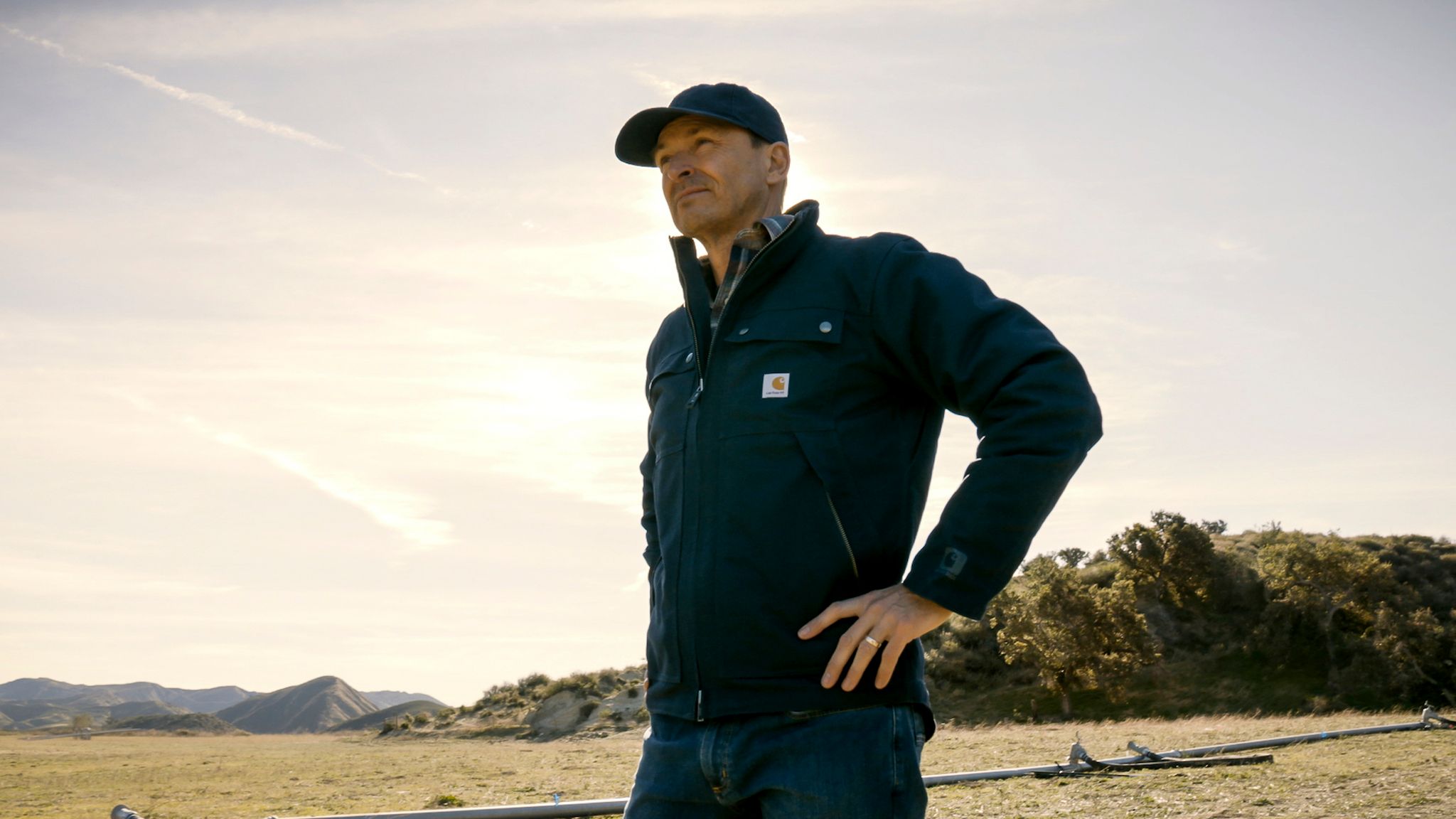Phil Keoghan has put the weight of his name and reputation behind his latest CBS series, Tough as Nails. While the series has recently been criticized for encouraging class division rather than class unification, Keoghan maintains that the show's fundamental vision is to honor blue-collar workers.
As the long-time host and executive producer of The Amazing Race, Keoghan fiddled with the idea of a working-class reality series for nearly a decade. Tough as Nails, which follows 12 hard-working Americans as they compete in blue-collar inspired challenges for a $200,000 cash prize, was the end result. With summer favorite Big Brother absent from the network's lineup, the Wednesday night series arrived just in time to give audiences the dose of competition they've been craving. Three episodes have debuted thus far, introducing 12 Tough as Nails contestants who would rather be on the job than on TV.
To distinguish itself from the average physical competition reality shows, Tough as Nails features challenges inspired by contests that naturally arise while on the clock. Although Keoghan himself is more than well off, his family's roots are blue-collar, and he remembers his father and grandfather coming home with stories detailing which worker could shovel the most coal. He felt these everyday tests of strength and endurance could translate well to the screen. "I thought it would be more interesting to have a competition that happens in the real world rather than creating an artificial challenge," Keoghan said. "It has an organic aspect to it, so there’s a relatability to people."
The show's work hard and get it done attitude is made clear from the top of the program and reasserted every time a contestant boasts about the nation's dependency on their labor. It is heavy-handed, and purposefully so, in its mantra of honest work and dirty hands. Washington Post critic Hank Stuever viewed this repetitive pride as a dig to office workers, claiming the series to be "a glancing blow to all those Americans who work just as hard indoors." Keoghan, to put it simply, disagrees, arguing that Stuever and critics with similar opinions are straining to misconstrue the show's mission.
"Nothing could be further from the truth," Keoghan said. Keoghan views Tough as Nails not as an attack on white-collar careers, but rather as a celebration of physical laborers who are truly "tough as nails". In recent decades, once idealized trades have become relegated to back up plans for families pushing their children to get a "real education" at university. Blue-collar industries are scrambling to attract younger talent to the rapidly diminishing labor force, but the allure of professional careers and stigmatization of manual labor has left the country in a precarious situation. Two of Keoghans' grandparents never finished high school, applying their intellect to trades instead of the classroom. On the other side of the spectrum, his parents both obtained doctorate-level degrees. Reality TV star Phil Keoghan admires and respects both paths.
"I’m not trying to stop people from going to university or say a trade job is better. I’m trying to say that education, and what we call being educated, comes in many different forms," he said. "It doesn’t just come from an institution. It can come from being a master tradesperson who spends 10,000 hours fixing cars of welding. We need to reassess what we mean when we say educated." To form your own opinion, check out Tough as Nails on CBS TV.

